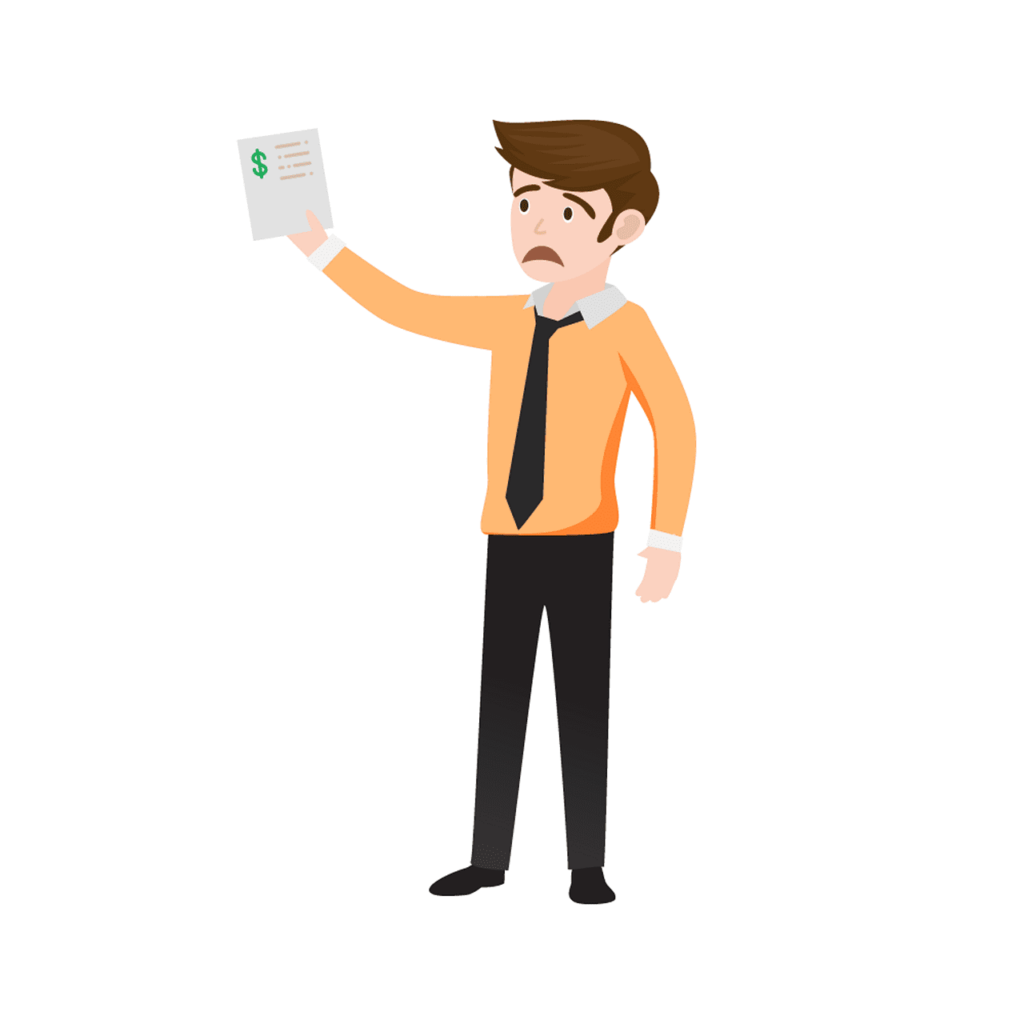
The COVID-era EIDL loans are coming due. But just because the pandemic is over doesn’t mean that business has returned to normal. Prepandemic, normal may have been difficult too.
If yours is one of the many businesses can’t bear the additional stress of repaying EIDL loans, here’s what you need to know.
What are EIDL loans
To support businesses during the COVID pandemic, the Small Business Administration made Economic Injury Disaster Loans to a broad swath of small (and not-so-small) businesses. These were distinct from the Paycheck Protection Program loans which were generally forgiveable. EIDIL loans required repayment generally starting a year after the loans were made.
Larger loans were secured by assets of the borrower or a personal guarantee of the owner of the borrowing entity.
When you can’t repay
If your EIDL loan is due and you can’t make the payment, start by determining exactly who is the borrower on the loan. That will tell you who is liable for the debt in the first instance.
The name of the borrower appears in the first paragraph of the loan agreement. Is the borrower a corporation or LLC? Or is a real person the borrower?
Then, if the borrower is a legal entity, like a corporation or LLC, is there a personal guarantee of an owner or manager? The liability of a guarantor is just the same as the liability of the borrower. There’s no requirement the lender first try to collect from the borrower before pursuing the guarantor.
Note that just because collection notices are addressed to YOU, YOUR BUSINESS NAME, ADDRESS, doesn’t mean that the SBA contends you are personally liable. It’s the equivalent of saying, “to the attention of YOU”. Again, look at the loan agreement to see who owes the debt.
Is the EIDL loan secured or unsecured?
A secured loan is one for which the borrower grants the lender a lien on the collateral described in the agreement. A lien gives the lender rights in the “stuff” as well as its general rights against the borrower.
The agreement must identify the collateral in general terms and notice of the lien must be perfected against others by filing it with the office designated by state law.
The borrower’s rights in the collateral are limited by the provisions of the loan agreement. Generally, the collateral can’t be sold or further encumbered without the consent of the lender. The secured creditor has the right to conduct a sale of the collateral if you default on the loan. Such a sale eliminates the borrower’s liablity only if the sale results in enough money to pay the loan and the costs of collection.
Unsecured loans are those for which there is no collateral.
What if you don’t pay COVID loans
The exposure of an entity that is the borrower differs from that of an individual borrower.
An entity can go out of business, with or without bankruptcy, and the SBA’s remedies are limited. The SBA can, if it chooses, take possession of any collateral, sell it, and apply the proceeds to the loan balance. If the SBA is unsecured, its rights are just the same as any other unpaid creditor of the entity. Its remedy is to sue the entity and hope there’s something there to collect from.
Absent a guarantee or some defect in the corporate formation, the shareholders and managers of an entity aren’t personally liable for the entity’s debts.
If an individual is liable, whether as a borrower or a guarantor, the situation is more complex. The essential complexity is that the individual expects to have earnings from other sources after the entity goes out of business. The SBA has a right to garnish wages, without ever filing a lawsuit, and to seize tax refunds until the loan is paid. And, it can offset a portion of one’s Social Security benefits.
The SBA can’t lien your home or other assets without bringing a lawsuit against you, unless you pledged that asset as collateral in the course of obtaining the loan.
Are EIDL loans dischargeable in bankruptcy
Entities only get a discharge of its debts in Chapter 11, a reorganization chapter of bankruptcy. Reorganization makes sense only when the business is
- viable going forward
- reasonably expects funds to make payments to creditors, and
- can muster the management band-width to accomplish a deal with its creditors.
The good news is that an individual’s personal liability on an EIDL loan is dischargeable in bankruptcy. The only exception is if you made deliberate misrepresentations to obtain the loan.
The SBA has the option to challenge the discharge of its claim if it is prepared to prove its claim of fraud at trial in the bankruptcy court. The government is currently focused on challenging borrowers who did not use the loans for the intended purpose.
Lifeline or anchor?
No different than any other debt, the EIDL loans can trigger a deeper look into the viability of your business and your options if you can’t repay. An experienced bankruptcy lawyer can help you sort out the facts and the relief available to you and your business.
Morecy
How to know if it’s time to quit
Protect yourself from government offset
What happens to a business in the owner’s bankruptcy
How to interview a bankruptcy lawyer





